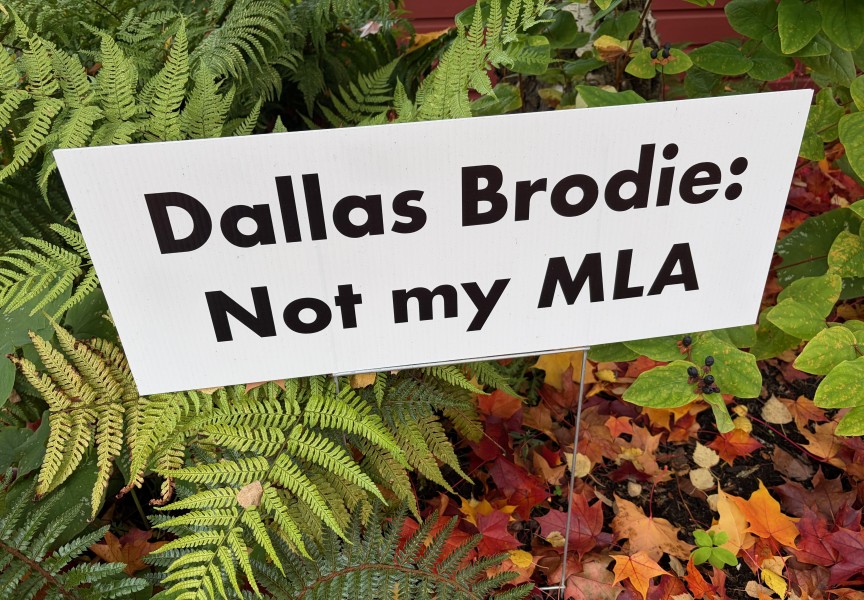The Shuswap Nation Tribal Council is very concerned about the conclusive finding of the European Strain of Infectious Salmon Anemia virus (ISA) in sockeye in Rivers Inlet.
The Secwepemc, like "most BC First Nations, have relied on salmon as the life blood of our people. Between 50 and 90 per cent of our people's diet consisted of salmon at the time of contact.
"We welcome the salmon returning each year with first fish ceremonies and our elders maintain a special cultural connection with the spirit of the salmon people. Like our ancestors before us, our communities located in the headwaters of the Thompson River watershed continue to be the proud, local stewards and protectors of the resource.
Kukpi7 Wayne Christian, spokesperson for the Shuswap Nation Tribal Council stated, "ISA is a very real and potentially devastating disease. If left without appropriate fisheries management intervention, it could not only destroy our fish stocks but equally damage our traditional cultural practices. The salmon are our relations and need to be protected from this onslaught of the genocide of the salmon by the introduction of Infectious Salmon Anemia virus (ISA)"
The Shuswap Nation Tribal Council member Bands urge government scientists and regulators to take the threat and consequences of ISA very seriously. Specific testing must be done at once on all BC salmon farms and the results must be made public. The sampling program for ISA should be expanded to other wild salmon and herring stocks.
Any salmon farm found with ISA must be quarantined and the fish eradicated. Infected farm sites should remain fallow pending further testing. No further importation of Atlantic salmon eggs or fry into BC should be allowed. Healthy fish stocks not industry profits must lead the way forward on this issue.
The Secwepemc peoples have actively participated in numerous inquiries and panels, including the ongoing Cohen Inquiry into the decline of the sockeye salmon. Though there are likely numerous factors contributing to the decline, infectious viruses originating from Atlantic salmon farming practices have not been widely examined and reported. This may be the elusive smoking gun.
We urge government to act immediately to counteract the threat of ISA with strict new regulations, salmon farm inspections and transparent research studies.







